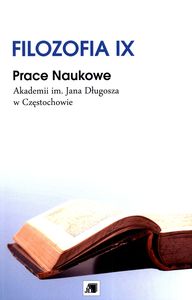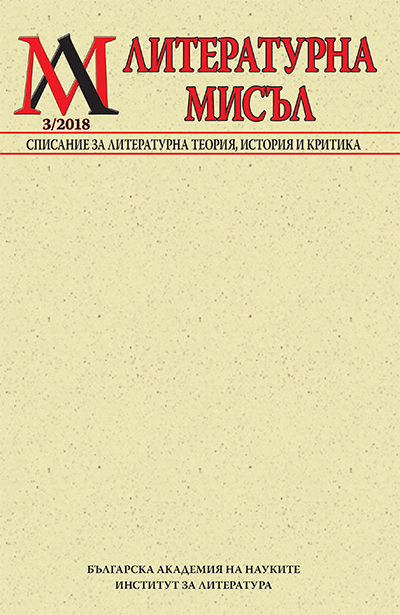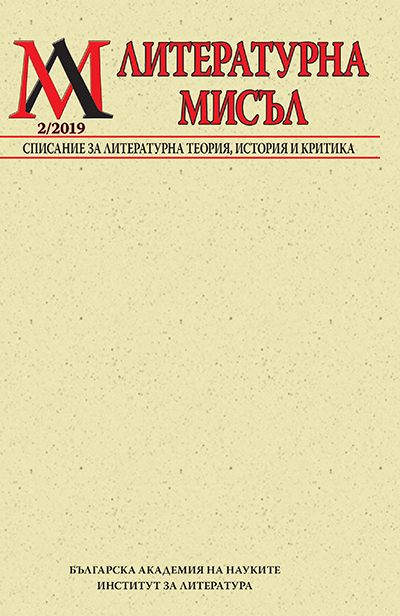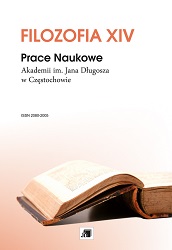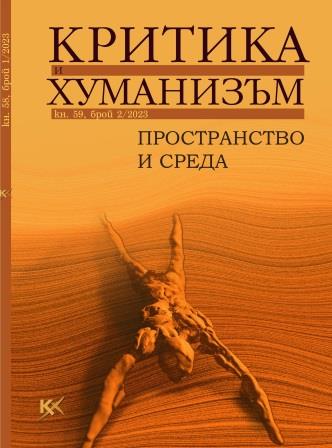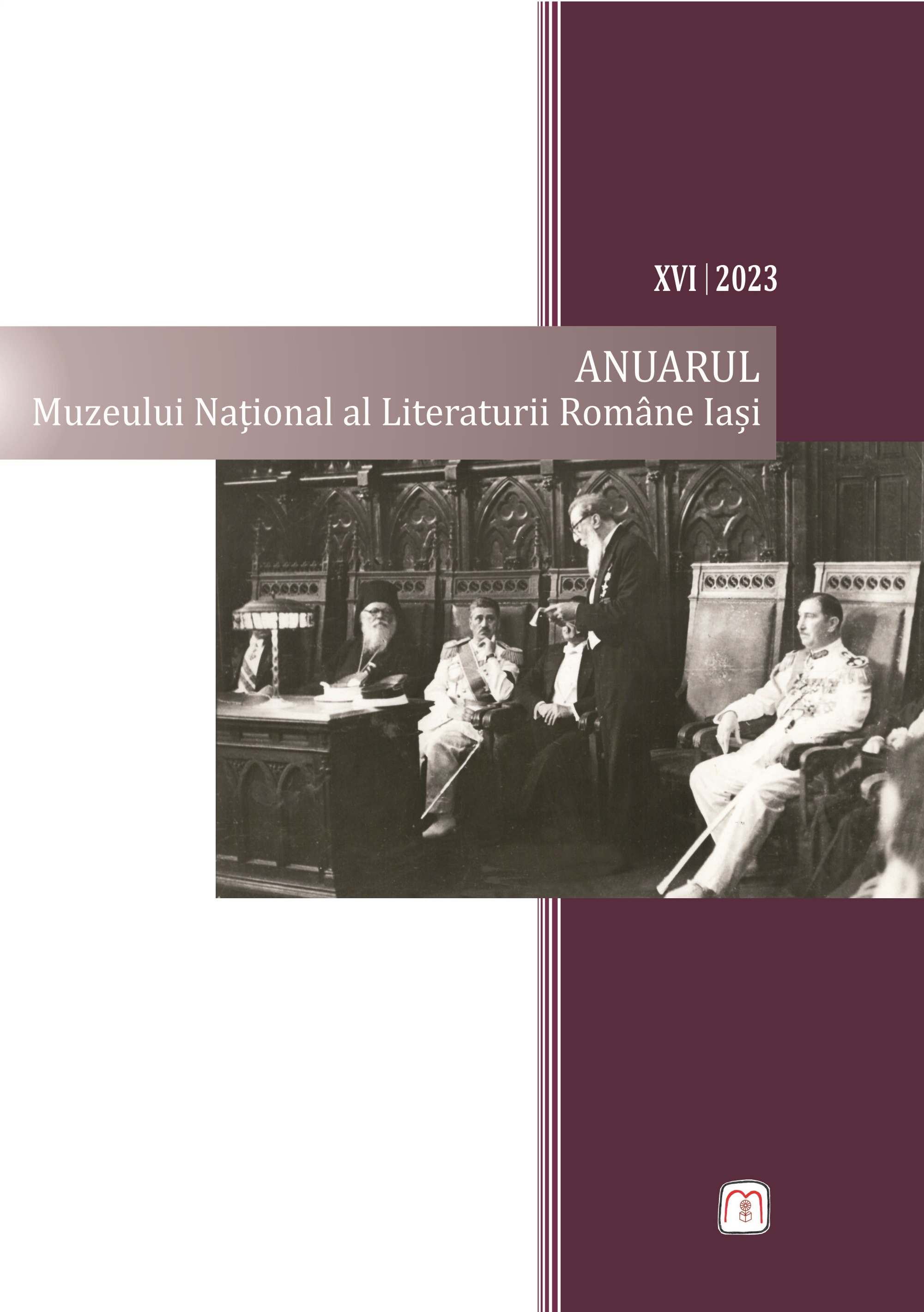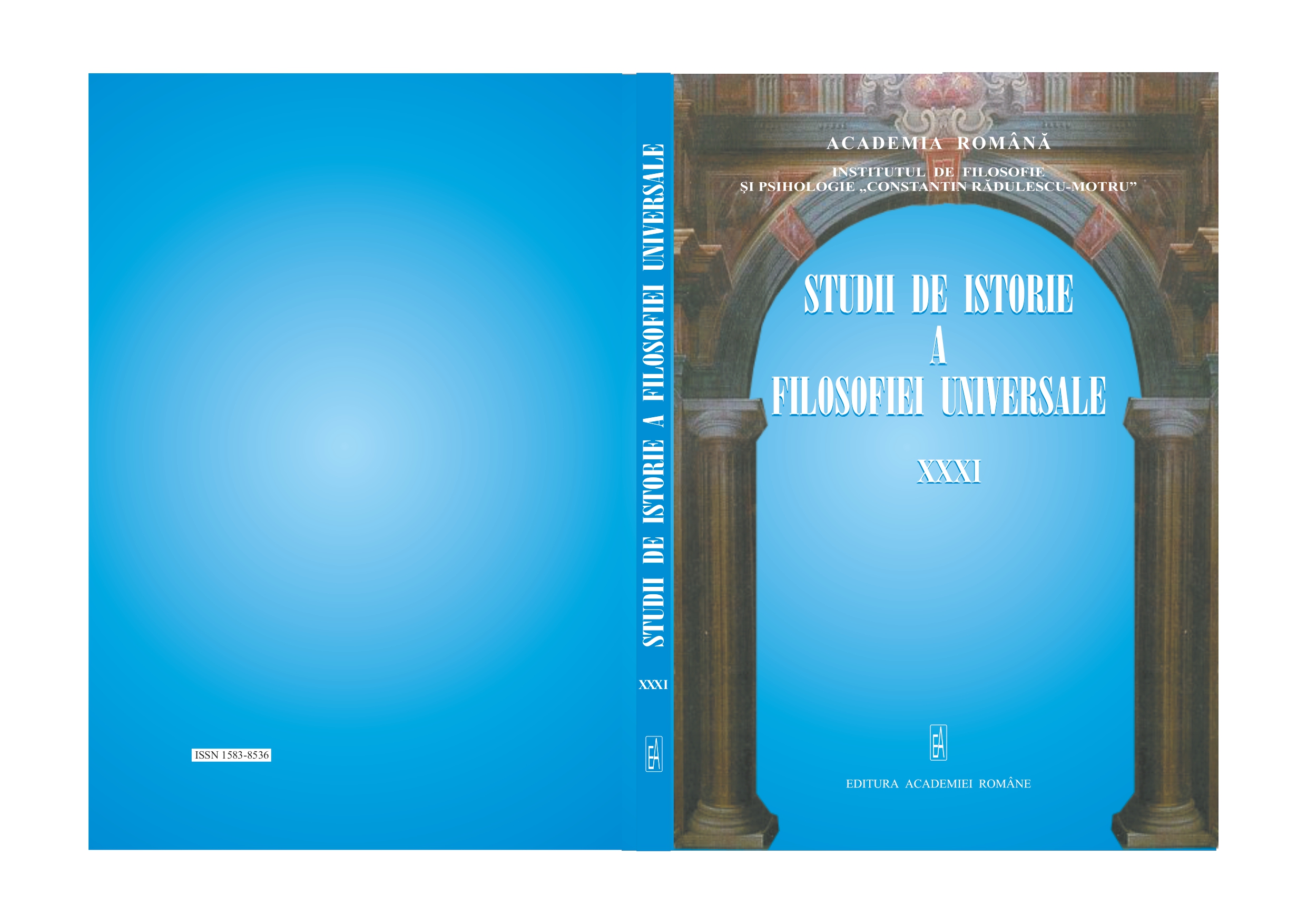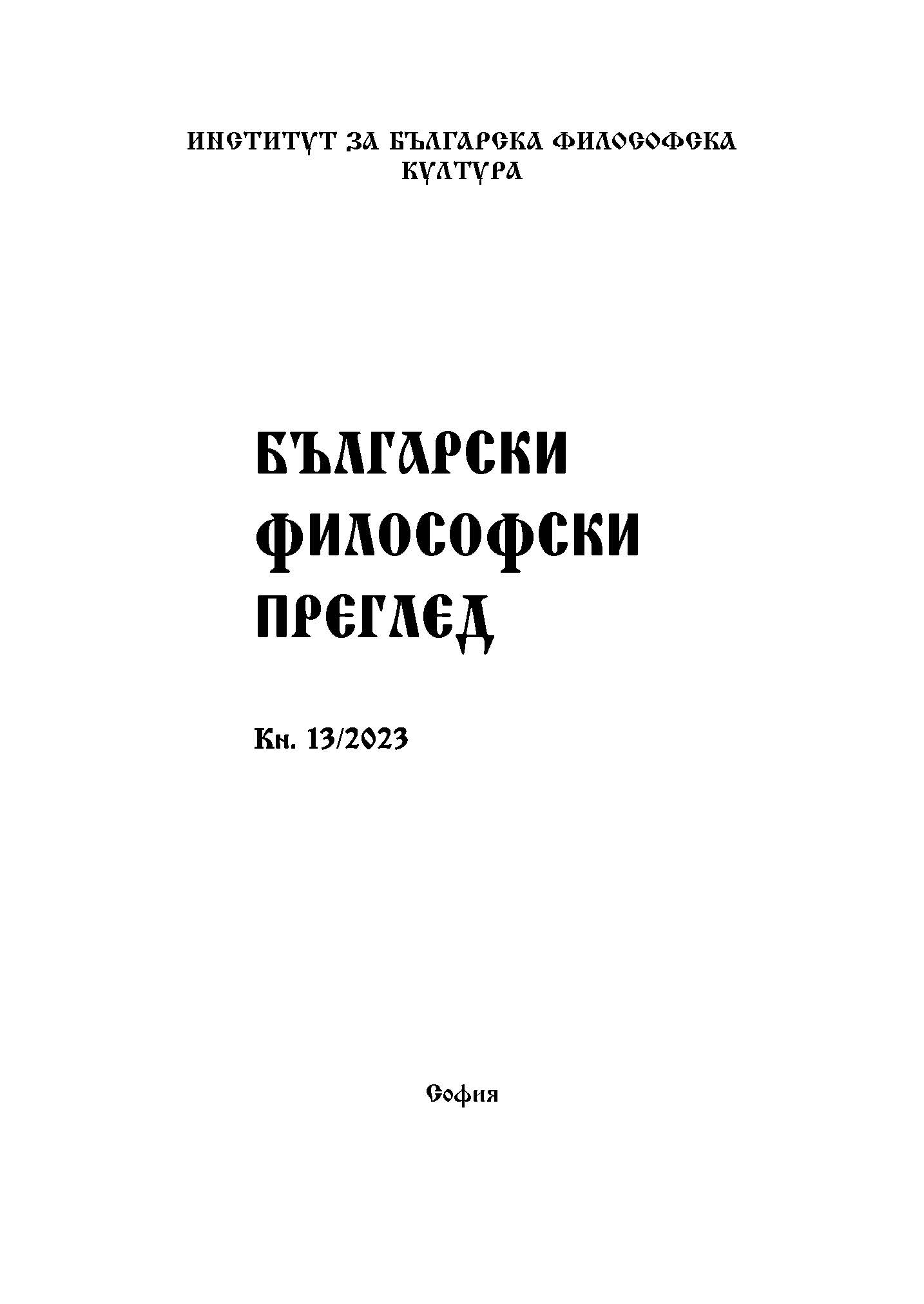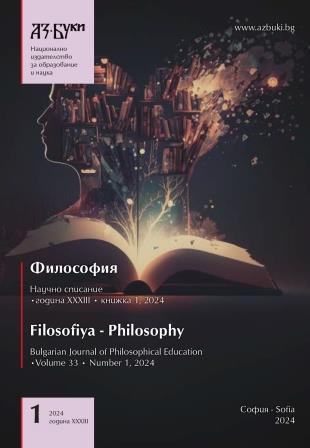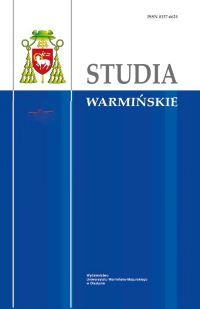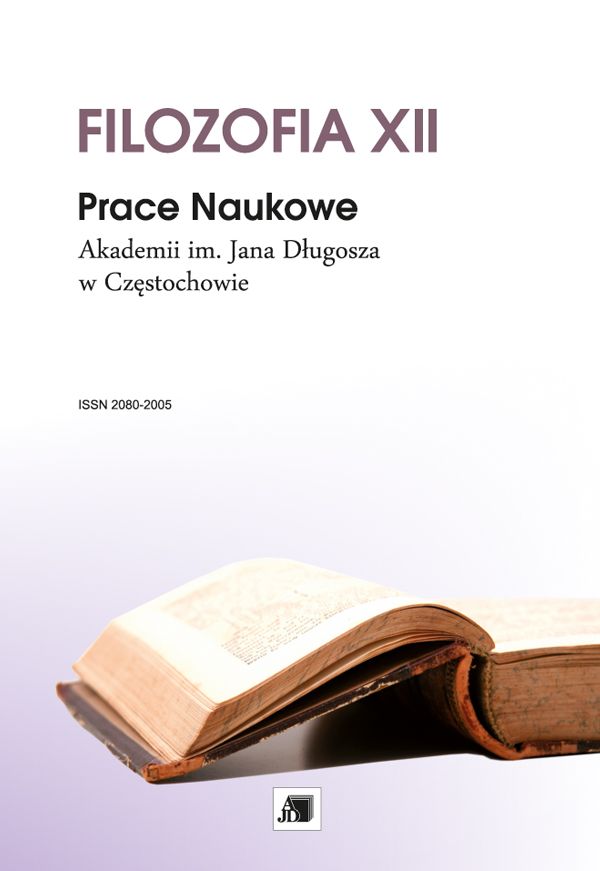
Relacja człowiek–przyroda w ujęciu Jamesa P. Sterby. Rekonstrukcja i krytyka
James P. Sterba proposes four rules of conflict resolutions which, in his opinion, constitute the “golden mean” for contradicting interests of human and nonhuman living beings: (1) a principle of human preservation (actions that are necessary to satisfy one’s basic needs and other people’s needs and which are acceptable if they involve disturbing basic needs of particular animals and plants, and even whole species or ecosystems), (2) a principle of disproportionality (actions which satisfy non-basic or extravagant human needs are forbidden if they involve disturbing basic needs of particular animals and plants, and even whole species or ecosystems), (3) a principle of human defense (actions which protect people from harmful disturbance of their needs which are acceptable even if they involve killing or hurting particular animals and plants, and even whole species or ecosystems) and (4) a principle of rectification (compensation is required if the remaining rules have been violated). Environmental rules formulated by Sterba, especially a principle of human preservation and a principle of human defense, have received heavy criticism. In the opinion of many authors, those rules are not in any respect rules of environmental justice, but rather rules protecting only human interests. James P. Sterba proponuje cztery zasady rozwiązywania konfliktów, które to zasady stanowią, jak twierdzi, „złoty środek” dla sprzecznych interesów ludzi i innych istot żywych: (1) zasadę ochrony ludzi (działania, które są niezbędne do zaspokojenia podstawowych potrzeb własnych i podstawowych potrzeb innych ludzi, są dopuszczalne nawet wtedy, gdy wymagają naruszenia podstawowych potrzeb poszczególnych zwierząt i roślin, a nawet całych gatunków bądź ekosystemów), (2) zasadę nieproporcjonalności (działania, które spełniają nie-podstawowe lub luksusowe potrzeby ludzi, są zabronione, kiedy naruszają podstawowe potrzeby poszczególnych zwierząt i roślin, a nawet całych gatunków bądź ekosystemów), (3) zasadę obrony człowieka (działania, które bronią ludzi przed szkodliwym naruszeniem ich potrzeb, są dopuszczalne nawet wtedy, gdy niezbędne jest pozbawienie życia lub skrzywdzenie poszczególnych zwierząt lub roślin, a nawet całych gatunków bądź ekosystemów) oraz (4) zasadę rektyfikacji (zadośćuczynienie jako rekompensata jest wymagane, gdy pozostałe zasady zostały naruszone). Sformułowane przez Sterbę zasady środowiskowe, zwłaszcza zasady obrony i ochrony ludzi, zostały poddane przez niektórych autorów surowej krytyce. Według tych autorów, zasady obrony i ochrony ludzi mają sens tylko wtedy, gdy założymy logicznie, iż obrona i ochrona ludzkiego życia jest moralnie bardziej wartościowa od obrony i ochrony życia innych istot. W ich ocenie, zasady te nie są pod żadnym względem zasadami środowiskowej sprawiedliwości, a raczej zasadami dbającymi wyłącznie o ochronę ludzkiego interesu.
More...
